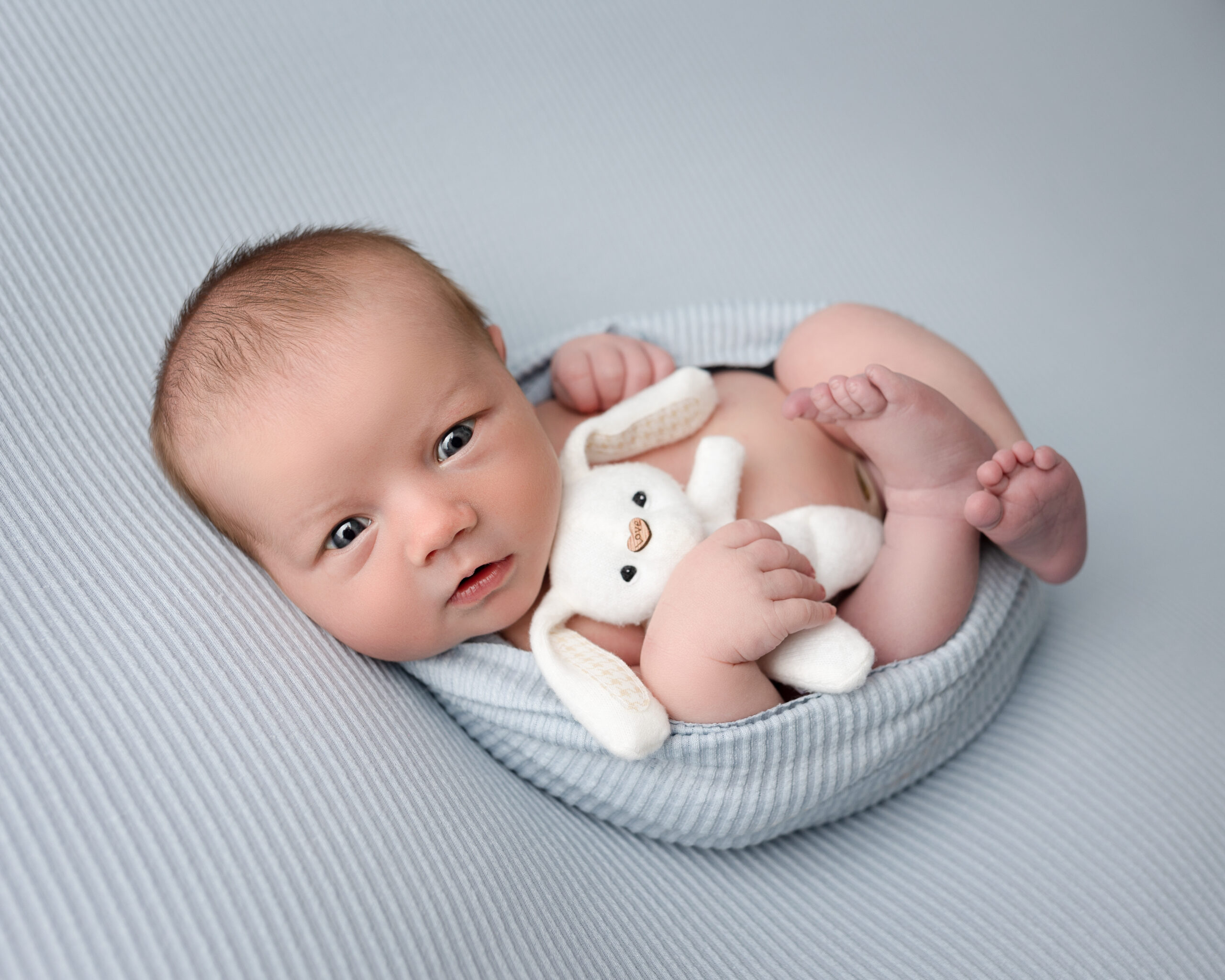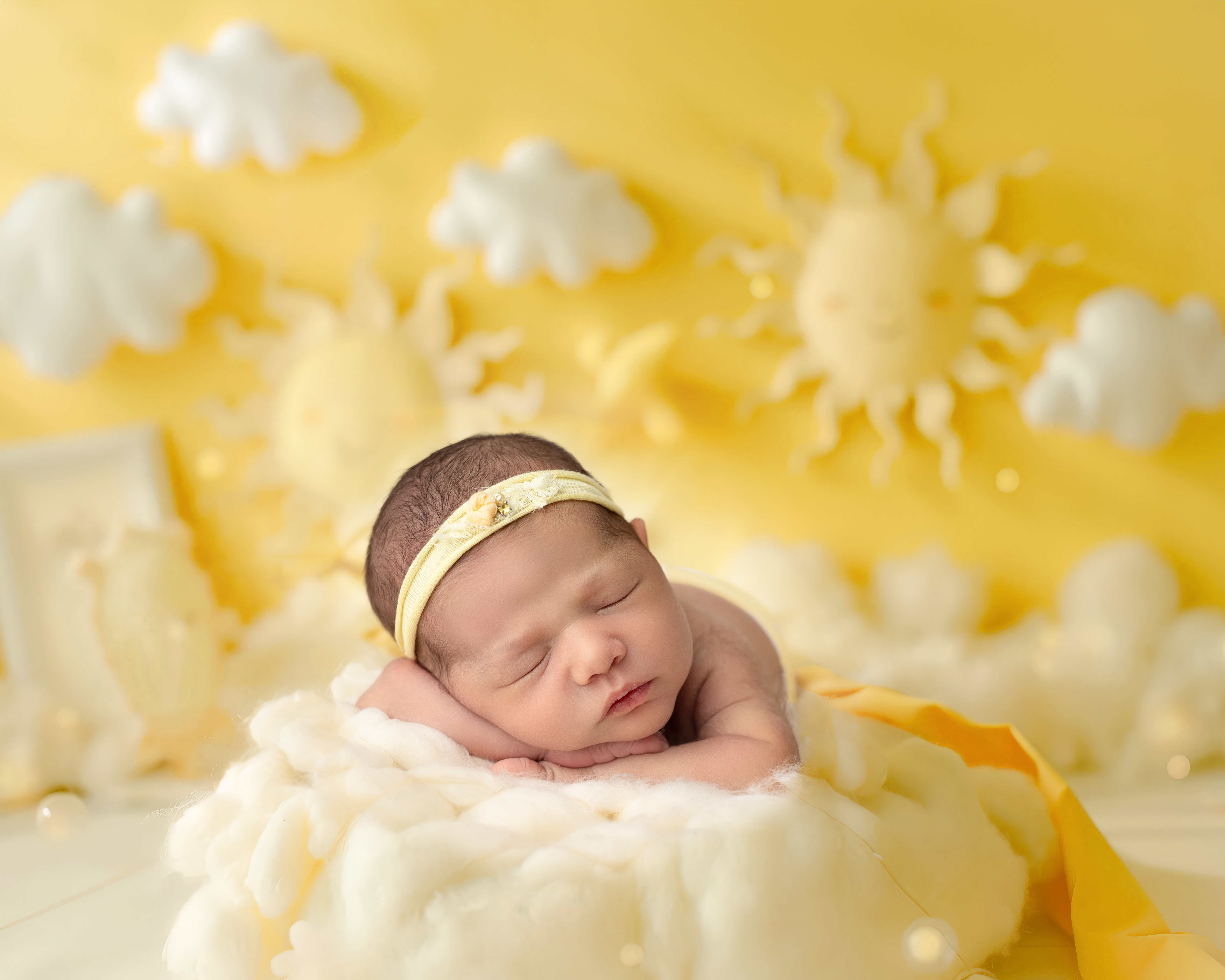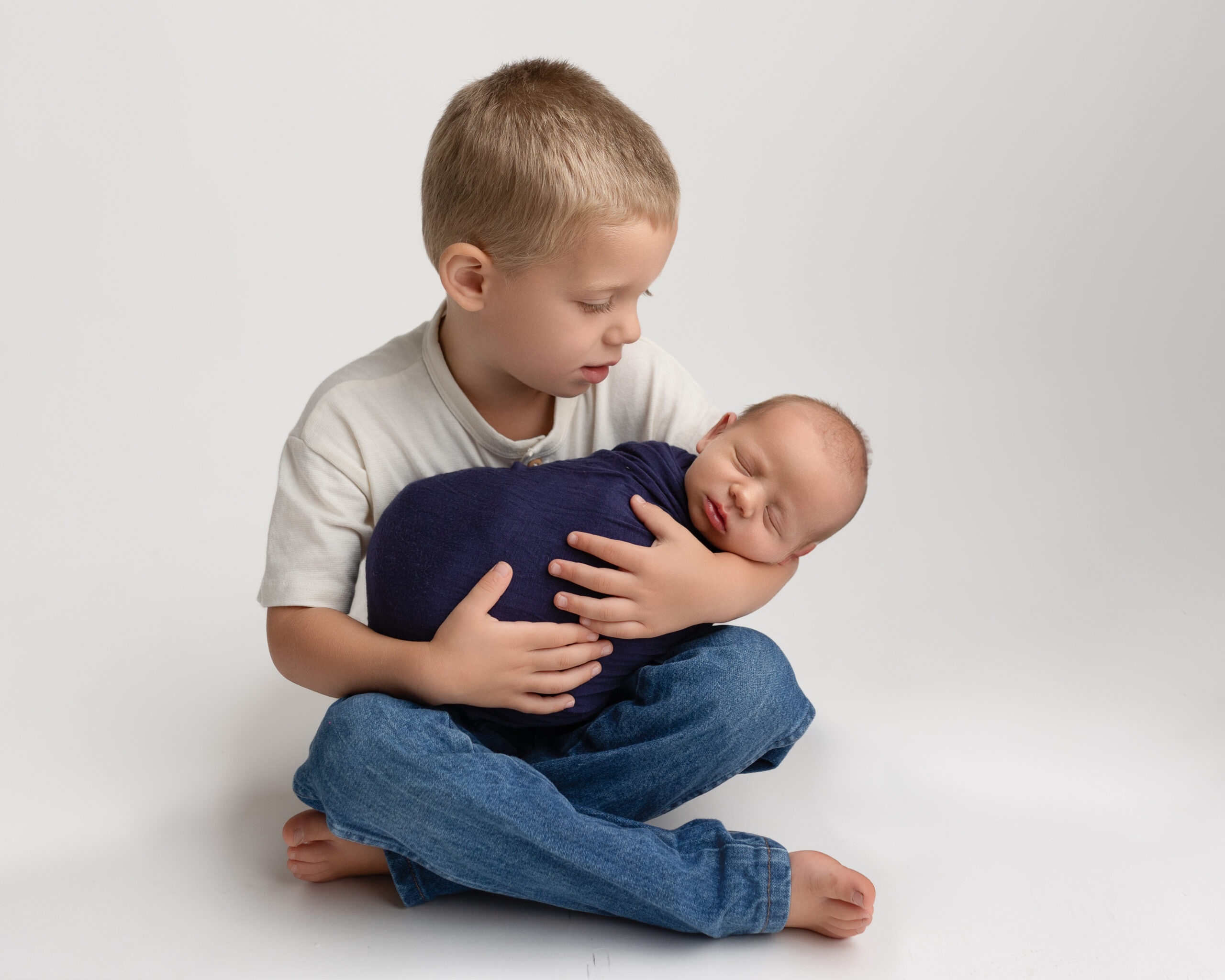Newborn reflexes are as important as the first cry they give. These automatic reflexes are crucial indicators of their significant growth. By learning about newborn reflexes, you can gain insights into your baby’s health and support their development effectively. What are the newborn reflexes and how do they matter? Keep reading!
What are Newborn Reflexes?
Newborn reflexes are automatic, involuntary responses to specific stimuli that babies display from birth. They help babies interact with their environment and perform essential functions, such as feeding and motor skill development.
Common Newborn Reflexes
- Rooting Reflex
The rooting reflex is an instinctive response that helps a newborn locate and latch onto the breast for feeding. When you gently stroke a baby’s cheek, they will turn their head towards the stimulus and open their mouth. This reflex is crucial for breastfeeding and ensures that the baby can find nourishment.
- Moro Reflex (Startle Reflex)
This reflex occurs when a baby is startled by a sudden noise or movement. The baby will spread their arms and legs out, then quickly bring them back in. The Moro reflex is thought to be a protective mechanism, helping the baby respond to potential threats.
- Sucking Reflex
The sucking reflex is activated when something touches the roof of the baby’s mouth. This reflex is essential for feeding, as it helps the baby to extract milk from the breast or bottle. It also provides comfort and soothing.
- Grasp Reflex
When an object is placed in a baby’s palm, they will instinctively grasp it tightly. This reflex is not only a sign of neurological function but also plays a role in early motor development. It allows babies to hold onto their caregivers and objects, which is important for bonding and exploration.
- Babinski Reflex
When the sole of a baby’s foot is stroked, their toes will fan out and then curl in. This reflex is a normal part of infant development and typically fades as the baby grows older. The Babinski reflex is an important indicator of the baby’s neurological health.
Why Do Newborn Reflexes Matter?
These reflexes provide valuable information about your baby’s neurological development and overall health. By observing these reflexes, you can ensure that your baby is meeting developmental milestones and identify any potential concerns early on.
- Diagnostic Value
Reflexes offer clues about the maturity and function of your baby’s nervous system. For instance, the presence or absence of certain reflexes can help healthcare providers assess neurological function.
- Supporting Development
Recognizing and understanding these reflexes allow you to support your baby’s growth effectively. Knowing what is normal helps you respond appropriately and seek advice when needed.
- Reassurance
As a parent, understanding these reflexes can provide reassurance that your baby’s development is on track. It helps you feel more confident in your role and better equipped to care for your newborn.
Final Thoughts
By observing and supporting these natural responses, you can ensure that your baby develops in a healthy and nurturing environment. Remember, while newborn reflexes are a normal part of development, any concerns about their presence or absence should be discussed with a healthcare professional.
Capture the precious early moments of your baby’s life with a professional newborn photography session. Send a DM to book your spot.
Additional Resources




